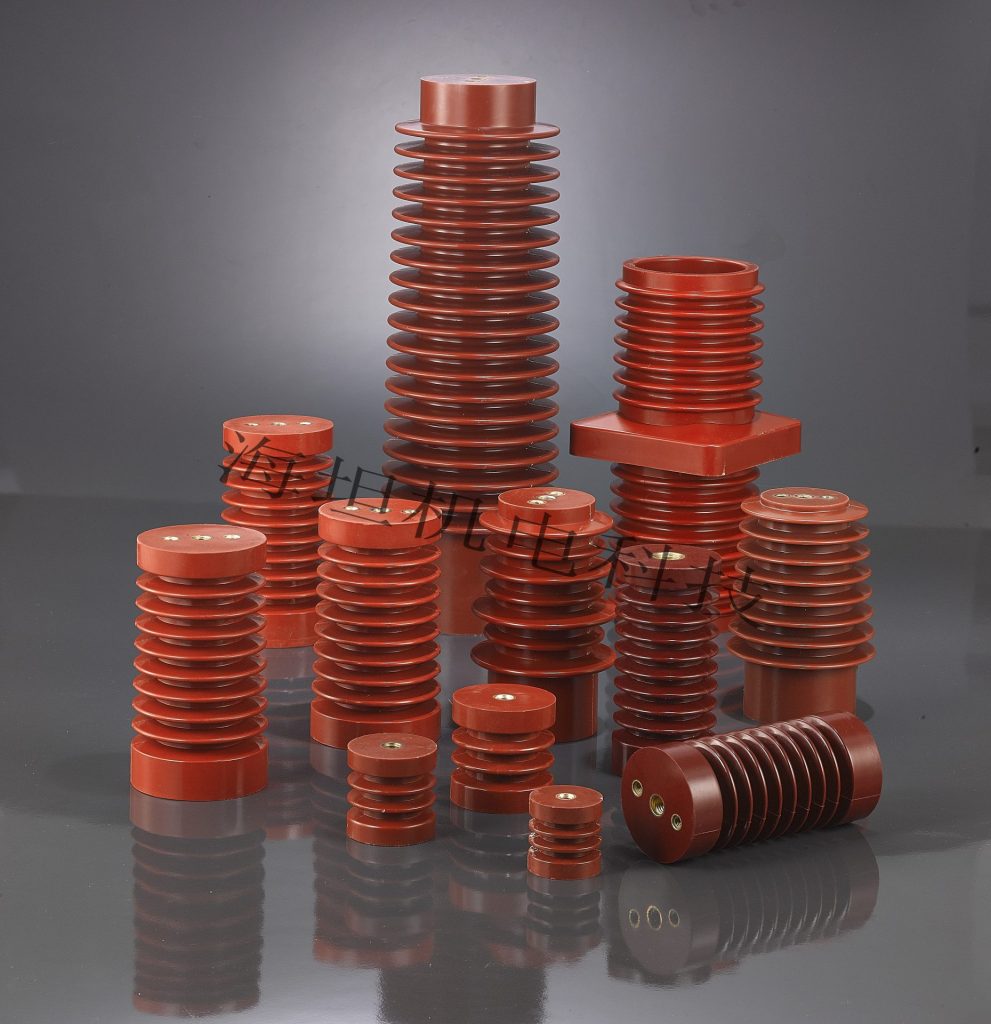What Is a CT Insulator and Why It Matters in Electrical Systems
Introduction
A CT insulator is one of those critical components in electrical systems that often gets overlooked—until it fails. Designed to ensure safety, reliability, and performance in environments like switchgear, distribution panels, and current transformer bodies, this compact device plays a powerful role. Whether you’re working in power generation, renewable energy, or industrial automation, understanding how they function can save time, protect assets, and prevent downtime. In this blog, we break down everything you need to know about CT insulators: what they are, why they matter, where they’re used, and how to choose the right one.
What Are CT Insulators?
A CT insulator, also known as a busbar insulator or support insulator, is used to support and isolate electrical conductors such as busbars, especially in current transformers (CTs) and low-voltage distribution systems. Most CT insulators are made of BMC (Bulk Molding Compound) or SMC (Sheet Molding Compound), both of which are high-performance insulating materials reinforced with glass fiber.
They provide:
- Electrical insulation
- Mechanical strength
- Thermal stability
- Flame retardancy
In high-stress environments where both insulation resistance and mechanical load-bearing are vital, CT insulators provide a dual function: they electrically isolate and physically support busbars and other components.
Why Is a CT Insulator Important?
3.1 Ensuring Electrical System Safety and Stability
The primary role of a CT insulator is to prevent leakage current and short circuits. By isolating live components, it maintains electrical safety and ensures system reliability. This is especially critical in high-voltage transmission or CT insulation material applications where the margin for error is zero.
3.2 Protecting Personnel and Equipment Safety
Electrical systems are inherently dangerous. A failing insulator can result in arc flashes, fires, or even electrocution. High-quality cycloaliphatic epoxy insulators or polymer insulators with certified ratings can significantly reduce these risks.
3.3 Improving Power System Efficiency
CT insulators help minimize power loss by ensuring that current flows through the designated paths. Stable insulation also reduces wear on adjacent components, contributing to longer system life and lower maintenance costs.
3.4 Mechanical Support
A mechanical support insulator doesn’t just hold things in place. It must withstand stress from vibration, thermal expansion, and dynamic load without breaking or deforming. Quality CT insulators made with epoxy materials can support high loads while maintaining structural stability.
Application of CT Insulator
CT insulators are versatile. Here are some of the common areas where they shine:
4.1 High Voltage Transmission Lines
In high-voltage transmission, CT insulators serve to isolate and elevate conductors, reducing the risk of arc-over and flashover. They’re often used in conjunction with composite insulators for added performance in extreme weather.
4.2 Busbar Trunking System
In busbar trunking systems, where high current is distributed across various zones, CT insulators ensure that busbars are firmly supported and isolated from metallic enclosures. These are also referred to as busbar trunking system insulators.
4.3 Current Transformer Body
Inside current transformers, CT insulators hold the busbars at a defined spacing and prevent electrical leakage. They’re essential for maintaining current accuracy and device longevity.
4.4 Distribution Panel
In distribution panels, CT insulators support copper or aluminum busbars, ensuring they don’t sag or short-circuit due to mechanical vibration or temperature changes. Their resistance to heat and moisture makes them ideal for harsh environments.
4.5 Switchgear
In switchgear systems, which involve fast switching and fault clearing, CT insulators offer excellent dielectric strength and impact resistance. A good switchgear insulator ensures safe fault isolation without physical damage.
How to Choose CT Insulator
Selecting the right CT insulator is critical. Here are some quick but essential tips:
- Voltage Rating: Start by identifying the system voltage level. CT insulators for low-voltage (LV) systems typically handle up to 2000V, while medium and high-voltage applications require insulators with greater dielectric strength and enhanced creepage distance. Ensure the insulator complies with relevant insulator standards (IEC 60273, ANSI C29.1).
- Operating Temperature: Ensure compatibility with your environment (e.g., -30°C to 140°C).
- Material: BMC/SMC: Suitable for standard LV applications, offering solid mechanical and insulation performance; Epoxy Insulators: Ideal for higher voltage or harsh environments; Cycloaliphatic Epoxy Insulators: Provide superior outdoor weather resistance and UV stability
- Certifications: Look for UL, CE, ROHS, and SGS. Always match your choice with IEC or ANSI standards.
- Mechanical Requirements: Consider insulator strength, mounting style (M8/M10 screws), and load-bearing needs.
- Environment: For outdoor or corrosive environments, go for materials with high chemical resistance and moisture tolerance.
Choosing the wrong insulator can lead to breakdowns, downtime, and safety risks. Always consult your insulator supplier for support in complex systems.
Conclusion
CT insulators are more than just plastic blocks holding wires. They are engineered components crucial to electrical safety, mechanical stability, and operational efficiency. Whether it’s a distribution panel, switchgear, current transformer, or busbar trunking system, using the right CT insulator makes all the difference.
For electrical engineers, procurement managers, or system designers, understanding and selecting the appropriate support insulator is not optional—it’s essential. With a wide range of materials, standards, and application-specific options available, there’s a perfect CT mounting insulator for every electrical system.
Need help choosing the right one? Work with a trusted insulator supplier to find products that meet your technical and environmental requirements. Don’t compromise on safety—go for certified, high-performance electrical insulators that are built to last.
--- END ---
© Copyright 2024 China Haitan Electromechanical Technology Co., Ltd. All rights reserved.SUPPORT BY:JUNJ Privacy Policy




